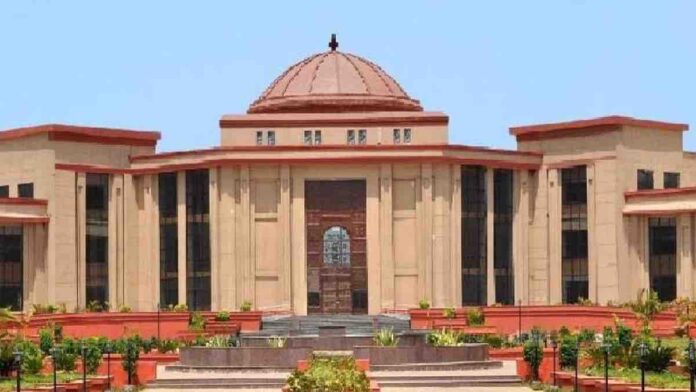In a significant ruling, the Chhattisgarh High Court has dismissed two writ petitions filed by North East Feed and Agro Exports Private Limited (WPC No. 4226 of 2024) and Vodabox Electromech Private Limited (WPC No. 4235 of 2024) challenging the state government’s decision to procure Indian and foreign-made liquor directly from manufacturers, effectively removing middlemen
To Read More Please Subscribe to VIP Membership for Unlimited Access to All the Articles, Download Available Copies of Judgments/Order, Acess to Central/State Bare Acts, Advertisement Free Content, Access to More than 4000 Legal Drafts( Readymade Editable Formats of Suits, Petitions, Writs, Legal Notices, Divorce Petitions, 138 Notices, Bail Applications etc.) in Hindi and English.




